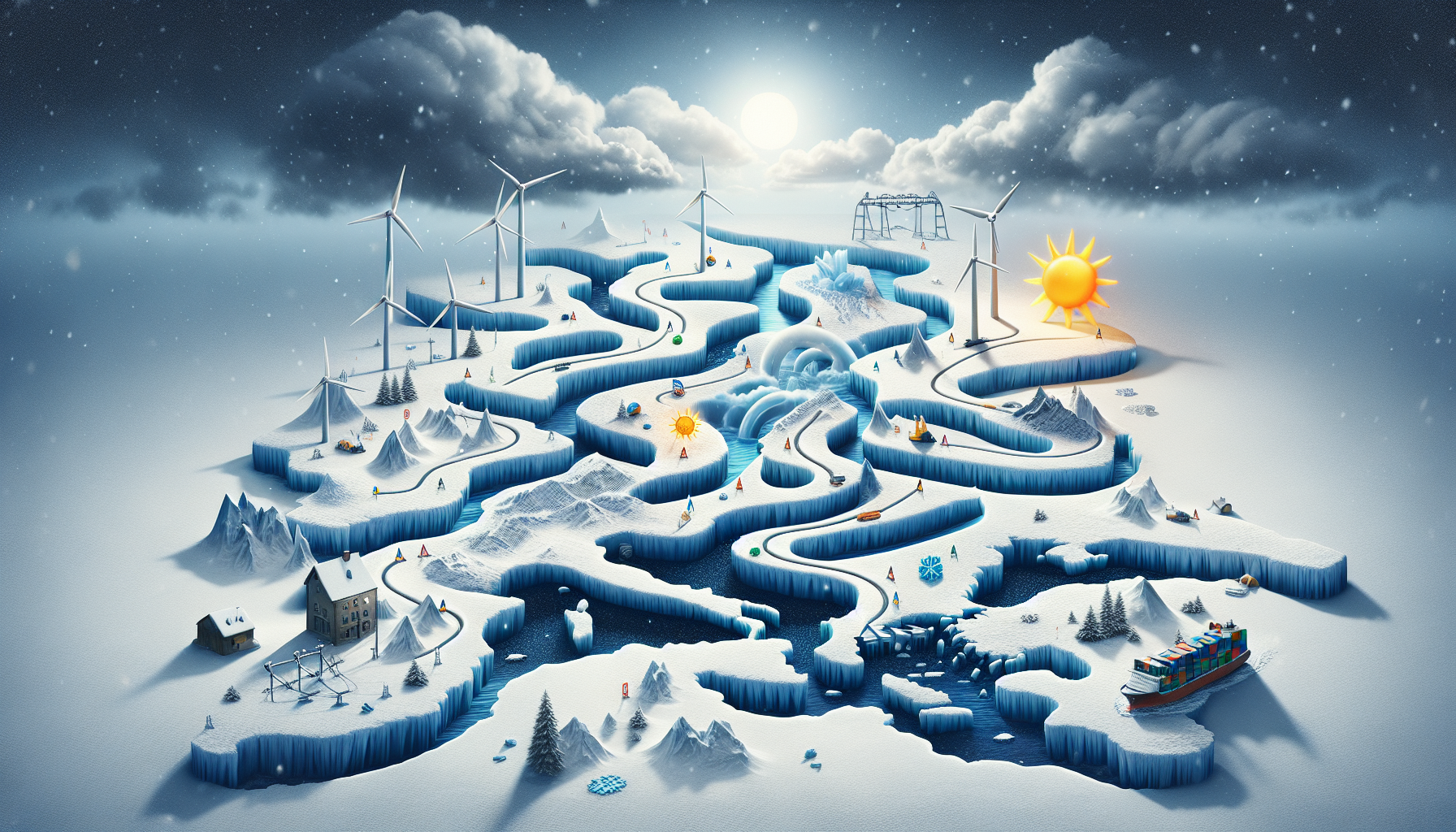Will Europe Return to Putin’s Gas? A Winter of Economic and Energy Uncertainty
Introduction
Europe is standing at a critical juncture as the winter of 2025 looms cold and formidable, reviving debates over energy security and economic stability. Recent developments have sparked a heated conversation across the continent about the prospect of re-engaging with Russian gas supplies. The pressing question is: Will Europe make a tactical pivot back to Putin’s gas to rejuvenate its strained economy?
The Energy Predicament
After enjoying milder winters in recent years, the continent is now bracing for its first severe cold spell in three years, exacerbating existing energy concerns. As temperatures dip and the winds grow calm, European nations find themselves in fierce competition with Asian markets over dwindling energy supplies. This situation has driven the spot price at the Dutch Transfer Title Facility to surge to €58 per megawatt hour, marking a two-year peak.
Economic Pressures
Europe's economic outlook has been less than stellar, battered by multiple factors including geopolitical tensions, inflation fears, and shifting energy costs. The possibility of restoring relations with Russia for gas purchases represents a potential lifeline for countries struggling to stabilize their economies.
Amidst this backdrop, former U.S. President Donald Trump’s recent announcement on initiating peace talks with Vladimir Putin concerning the Ukrainian conflict has surfaced as a pivotal moment. The geopolitical dynamics around energy supply could significantly alter depending on the outcomes of these negotiations.
The Deal with the Devil
Engaging with Russia for gas has always been a subject of ethical and strategic debate within Europe. While such a move could temporarily ease fiscal tensions and bring down energy costs, it would also rejuvenate a dependency many have worked to shake off since the onset of the Ukraine conflict.
The potential for an economic revitalization through Russian gas must be weighed against the political and moral ramifications of such a decision. It’s a deal with the devil that could either bolster the economy or undermine regional solidarity and strategic autonomy.
Conclusion
Europe’s decision on whether to tap back into Russian gas supplies in the face of a challenging winter will have massive implications not only for its economy but also for its geopolitical standing. The continent is now at a crossroads, and the path it chooses will define its energy policy and economic health for years to come. As discussions unfold, economic experts and policymakers alike will be keeping a close eye on developments, drawing lessons that could inform future energy strategies and international relations.
In this season of uncertainty, Europe is reminded once again that the intersection of energy and geopolitics is fraught with difficult choices and potential consequences that echo far beyond the warming of homes during winter.
